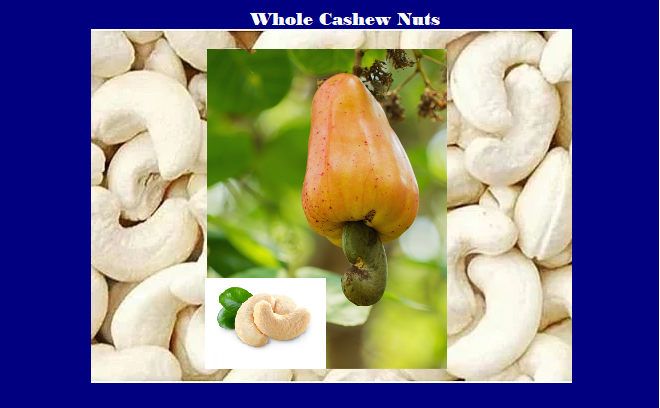Africa’s Prominent Role in the Global Cashew Industry
Production Overview:
- Africa accounts for over 50% of the world’s cashew production, with an estimated forecast of 57% production in 2024 according to the African Cashew Alliance (ACA).
- Major contributing countries include Tanzania, Benin, Nigeria, Ghana, Kenya, and Mozambique.
- Raw Cashew Nuts (RCN) have emerged as significant agricultural export commodities for Africa, with primary markets in Europe, the United States, and Asia.
- West Africa typically produces around 1.8 million tons of cashew annually.
Case Study: Ghana:
- Ghana’s cashew production has seen substantial growth, increasing from approximately 12,000 MT in 2005 to 200,000 MT in 2022.
- However, the average age of Ghanaian cashew farmers is 54, indicating a lack of youth involvement in the sector.
Challenges Facing Youth and Women
- Systemic Barriers: Youth and women encounter significant challenges such as:
- Limited access to resources.
- Restricted decision-making power.
- Lower income opportunities.
Strategies for Empowerment and Growth
To address these challenges and enhance the cashew sector’s sustainability, several strategies should be implemented:
- Empower Women and Youth:
- Targeted interventions that specifically empower women and youth to enhance participation in the cashew value chain.
- Mitigate Climate Change Impacts:
- Develop strategies to address the effects of climate change on cashew production.
- Infrastructure Development:
- Improve essential infrastructure, including roads, electricity, and water supply, to support the cashew industry.
- Promote Consumption:
- Increase the promotion of cashew products in West Africa and other regions to create new markets and boost demand.
- Local Processing:
- Encourage local processing of cashews to add value to the products and generate more jobs within the region.
- Capacity Building:
- Implement capacity-building programs that focus on gender transformation to foster a more inclusive and resilient cashew industry.

